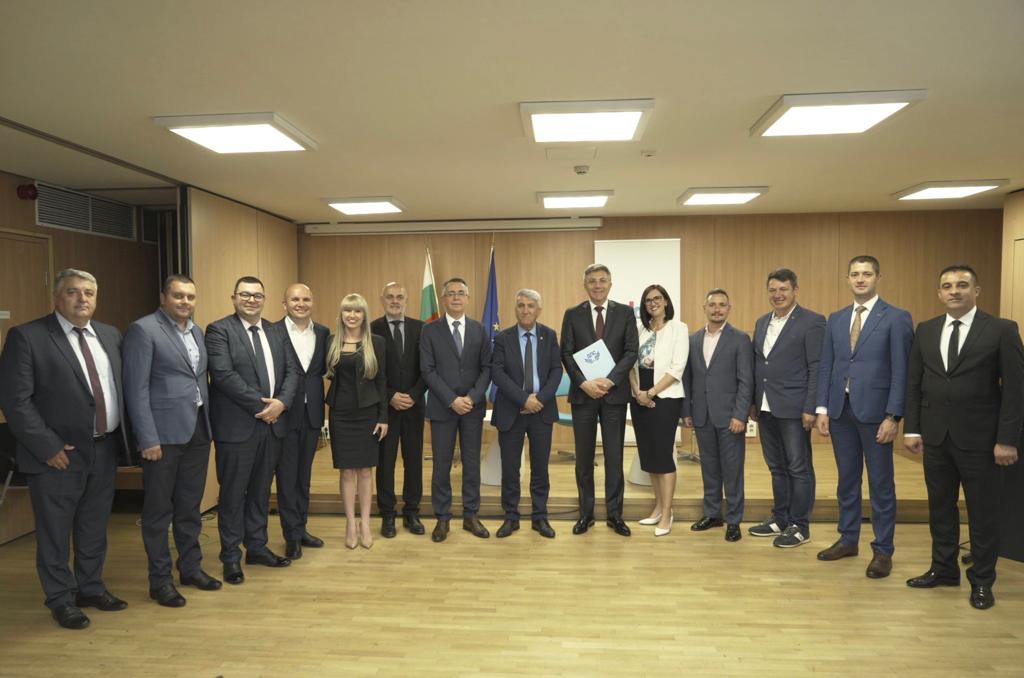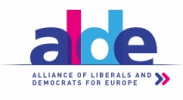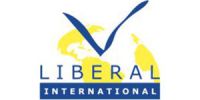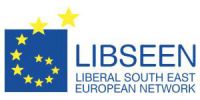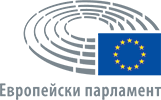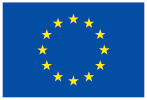The Bulgarian Ethnic Model, whose architect was Dr. Ahmed Dogan, became the only convertible political product. But only MRF is buidling a state based on it. The other parties rely on opposition, separation, and hatred. This was said by Movements for Rights and Freedoms chairman Mustafa Karadayi at a meeting of ALDE to exchange ideas entitled "To European Parliament elections in 2024".
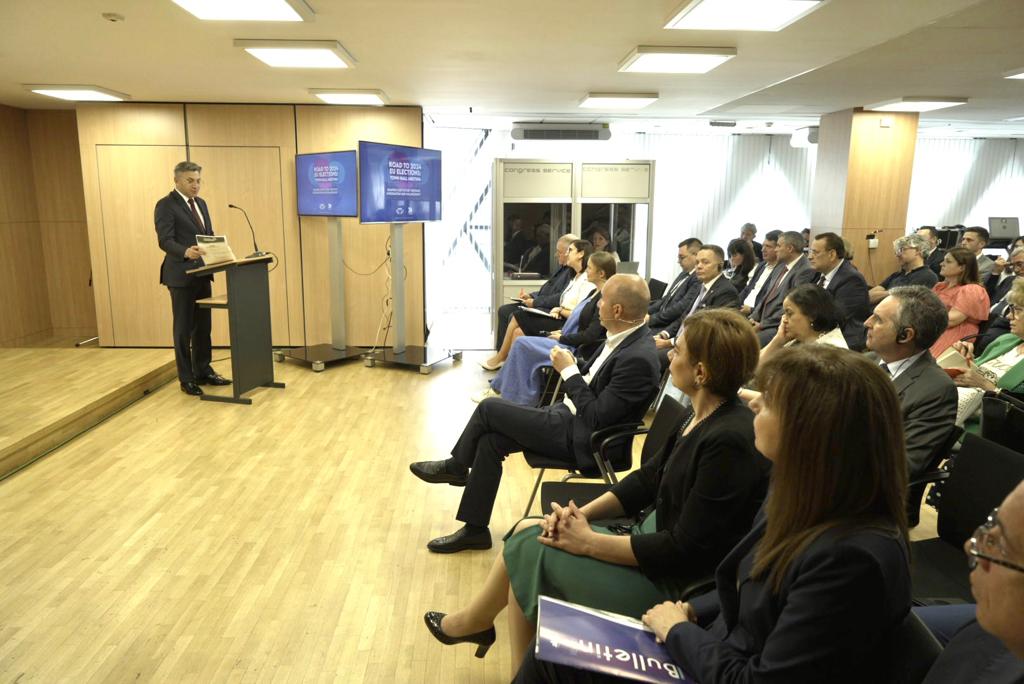
The event is organised in Sofia by the leader of the European Liberals Ilhan Kucuk.
Here is the full speech of Mr. Karadayi given to the forum:
We live in troubled times. The Covid-19 pandemic, the health, economic and social crises, and the war that followed have led to high inflation and impoverishment, and these in turn have led to anxiety and disappointment. And this is now the natural environment for radicalism, confrontation, and separation, which are based on hatred and the search for a causer. It is known from history that the universal culprit are the minorities, and the biggest personal perpetrators are their leaders and representatives.
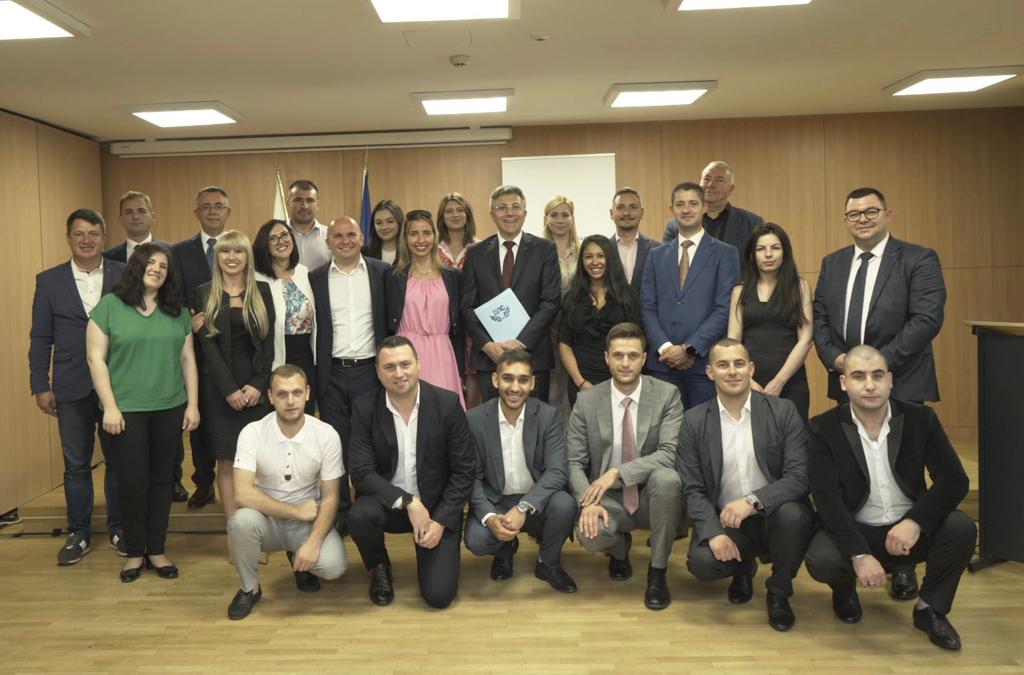
In all major social upheavals, there are winners and losers. As a rule, minorities pay the price. So, it was at the end of the communist regime in Bulgaria. The attempts of forced assimilation in the period 1964-1989 were the reason for the establishment by Dr. Ahmed Dogan of a secret organisation in 1985 and the creed of the organisation was formulated as “War without weapons". In 1986, Dr. Dogan and his collaborators were detected and put in prisons and concentration camps. The struggle continued as a prisoner, and under Dr. Dogan's leadership the peaceful protests of Turks and Muslims were organized in May 1989. The regime once again pitted tanks and automatic weapons against Turks and Muslims. Despite the victims and the forced dispossession (deportation) of over 360,000 Muslims in just over two months, the communist regime fell in November 1989. And just then, when the whole world was expecting an inter-ethnic conflict in Bulgaria, as all the necessary conditions for it were present, under the leadership of Dr. Dogan the Movement for Rights and Freedoms (MRF) was created with the slogan "No! to revanchism. Yes! to tolerance and togetherness."
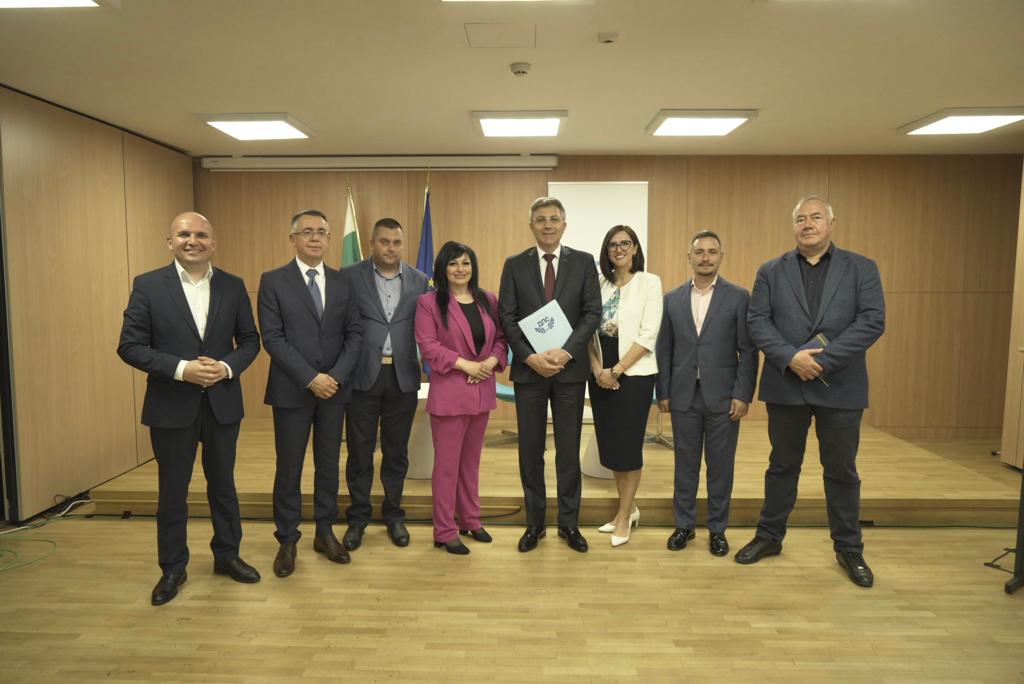
Thus, Bulgaria became the only country in the Balkans that made a peaceful transition from communism to democracy. The Bulgarian Ethnic Model (BEM), whose architect was Dr. Ahmed Dogan, which has tolerance and togetherness as its basis, became the only convertible political product of Bulgaria. The BEM was a necessary and mandatory condition for the membership of Bulgaria in NATO and the EU. We see it today in Bulgaria's attitude, as part of the EU, towards the other candidates for EU membership.
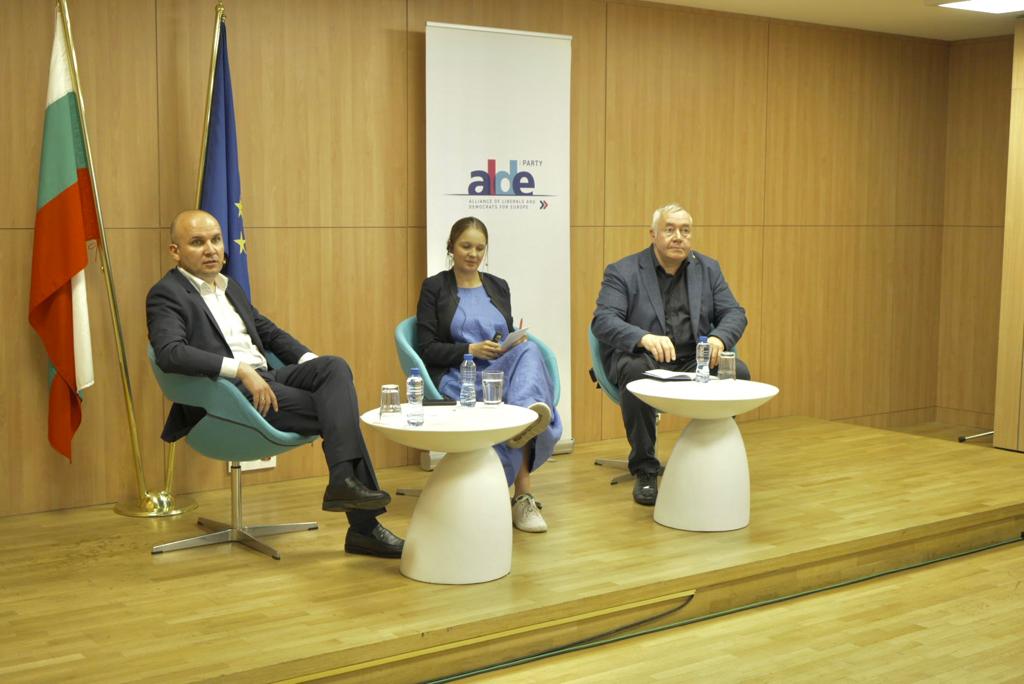
What is the overall balance today, after 33 years of democracy, 19 years of NATO membership and 16 years of EU membership?
Until the period of our NATO and EU membership, BEM was the only convertible political product of Bulgaria. Bulgaria was a model/an example for achieving ethnic peace based on values - tolerance and togetherness.
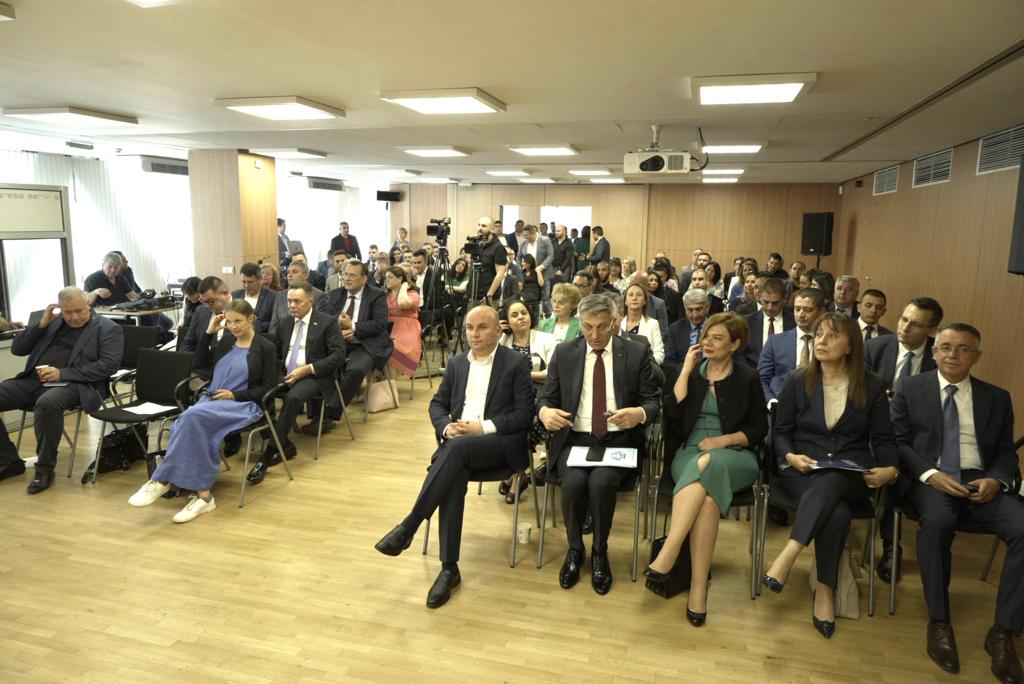
It turns out that after 33 years, only we - the MRF, are building a state based on BEM., At best, the other parties take it for granted. They tug at the heartstrings of the prejudices of the majority, denying BEM. They build relations of opposition, separation and hatred. After 33 years it turns out that the mindset of separation, opposition and hatred is stronger than tolerance and togetherness.
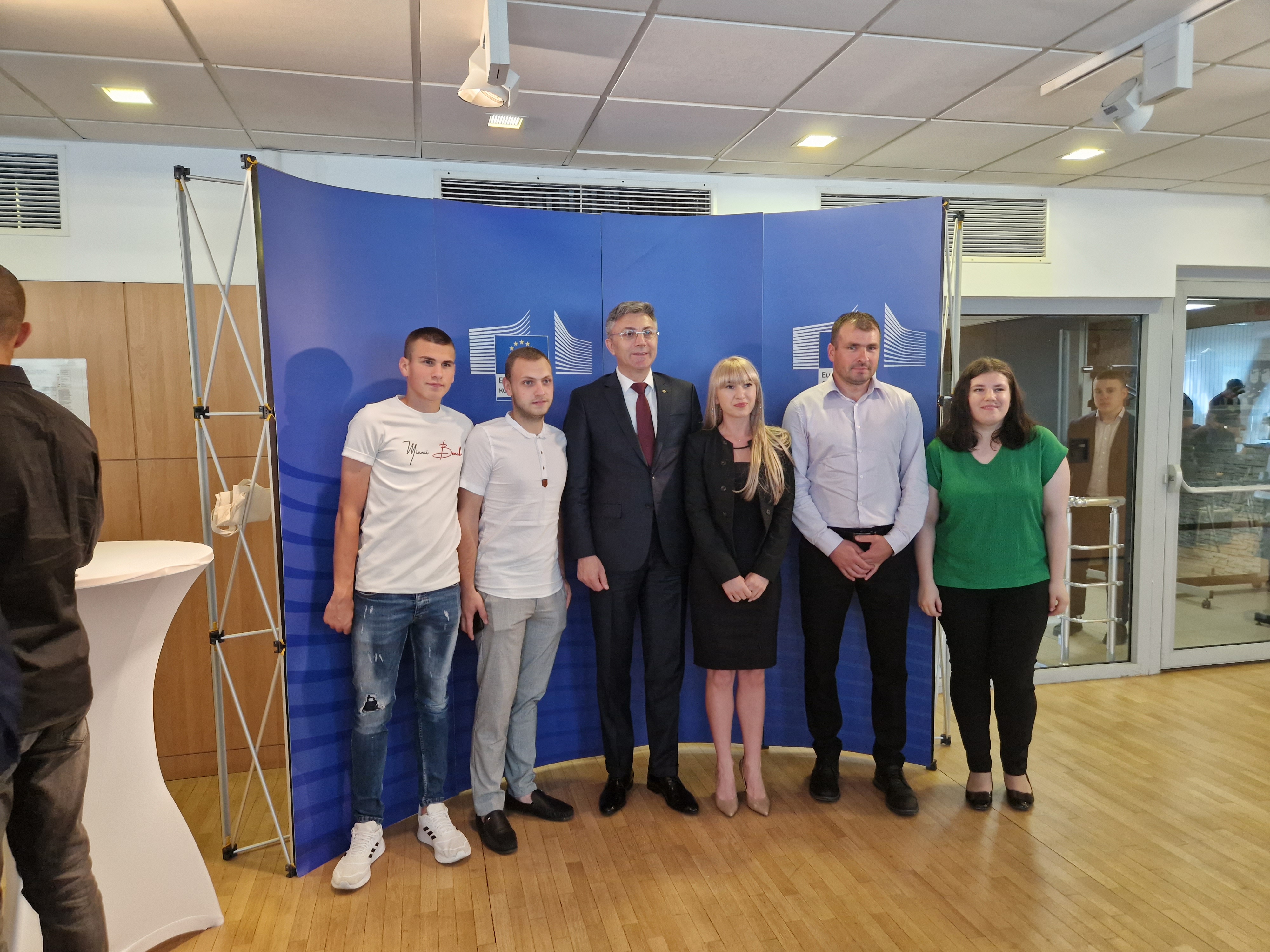
A model that doesn't evolve is defective!
And here now comes the big question for the liberals - What answer will the liberals give to develop this model, the model of tolerance and togetherness? Liberals, do we have a model for solving inter-ethnic problems and conflicts? Do we have a fully conscious concept of effectively confronting radical populists who impose mainly hatred on our societies?
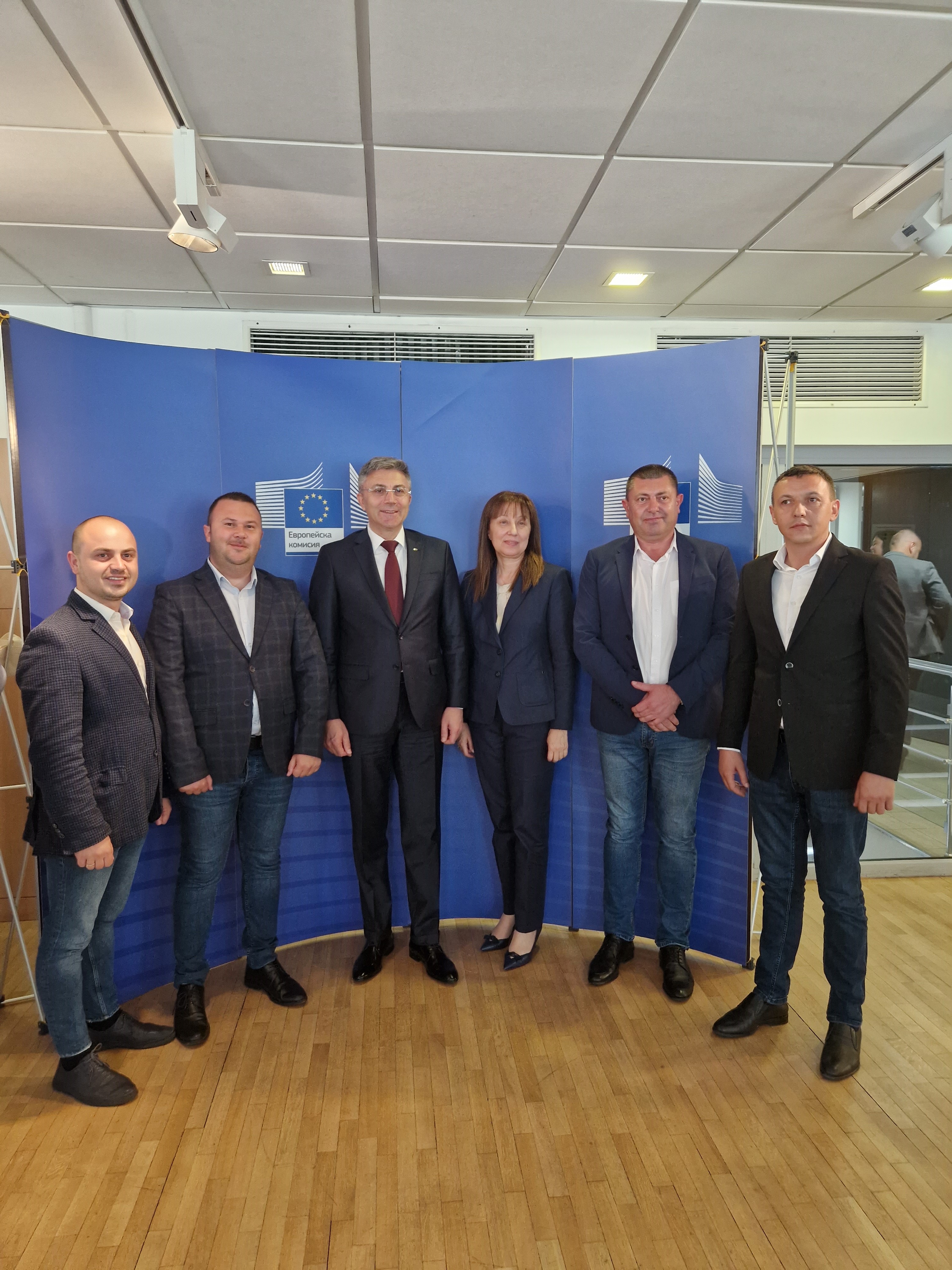
And more questions: Is there a Crisis of Tolerance? Is there a material basis of Tolerance in a socio-cultural sense? Does the Philosophy of Togetherness correspond to contemporary European political realities and value relations? Does the socio-cultural basis of Tolerance and Togetherness respond to the contemporary dynamics of identities in a globalising world?
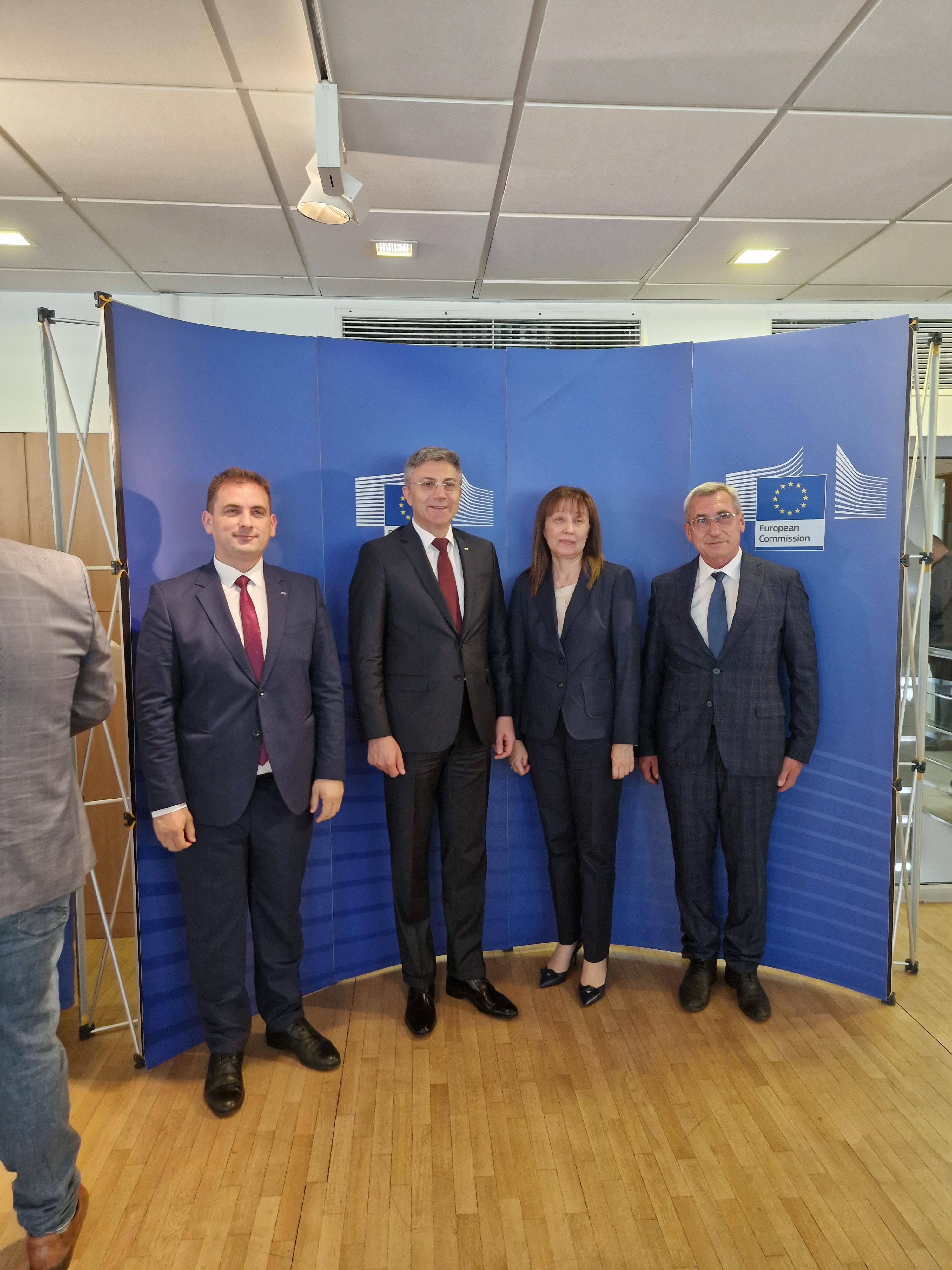
The global order is at a crossroads between democracy and authoritarian regimes. We are witnessing a populism that relies on lies, opposition, separation, hatred, enforcement and censorship to restrict political, civil and human rights and freedoms. We see a growing disenchantment with democracy and an increasing attraction to radical "efficiency".
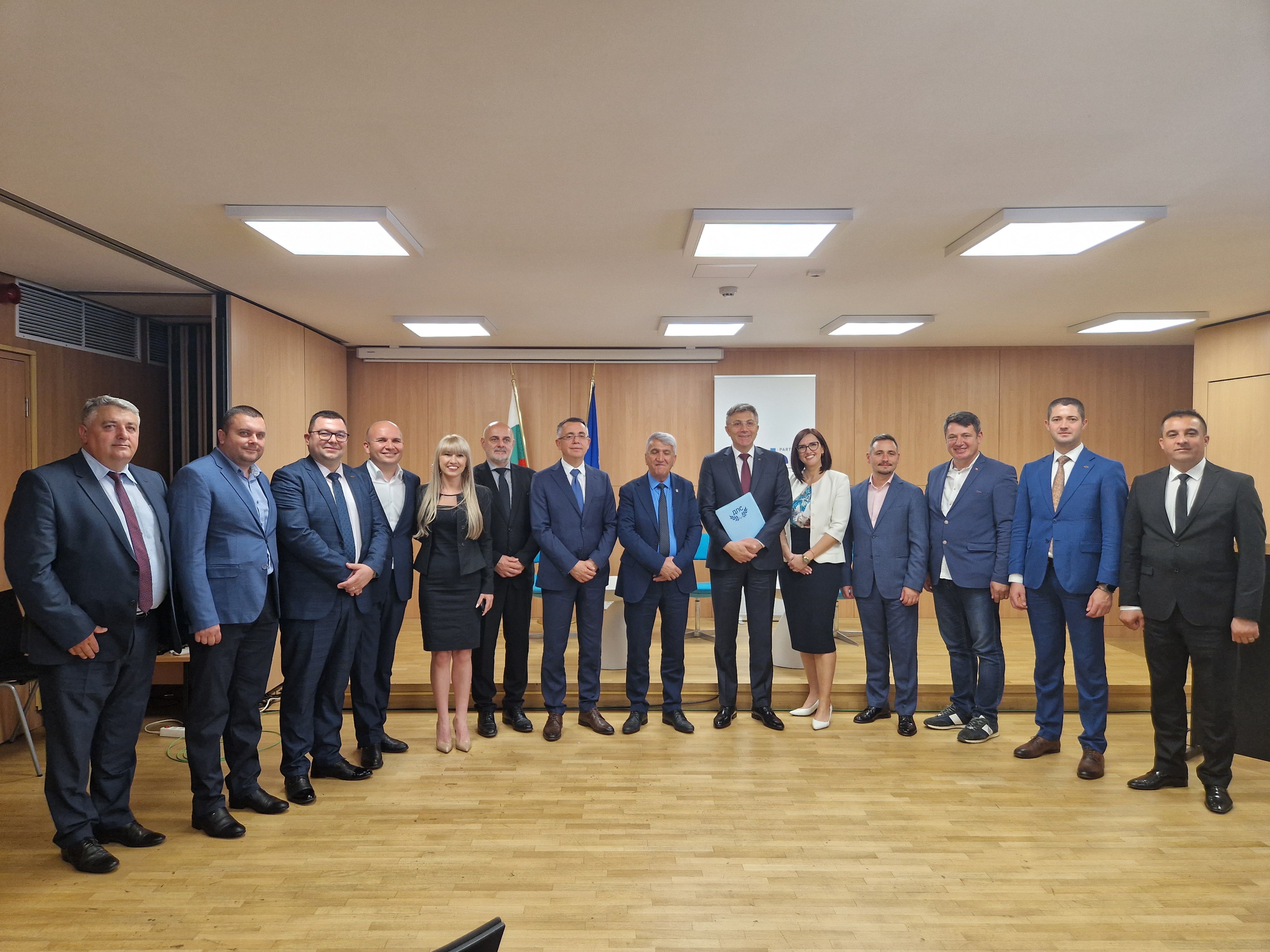
We emphasise the relation between people and citizens on the one hand and the community, the state and the EU on the other. We are all part of some community - local, national, European, ethnic, religious, etc. We will only be a strong community if we all feel that we are fairly represented, based on the same (equal) opportunities, whatever our background. And is it like that in the EU? And is it so in Bulgaria after 33 years of democracy and BEM or the BEM is rather denounced?
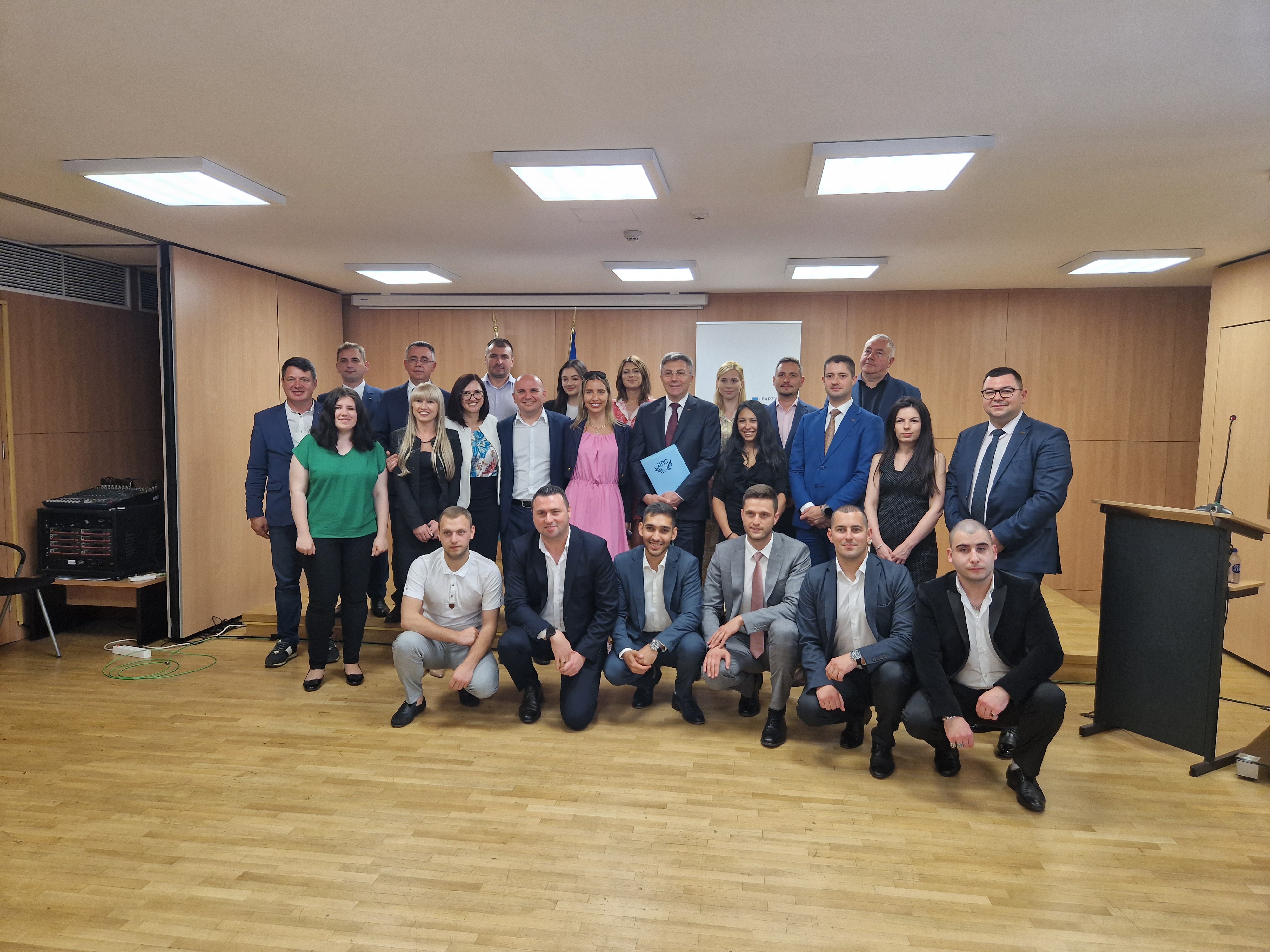
Today, it is of the utmost importance to answer the pressing questions honestly and transparently. This is especially imperative when we know that peace and democracy are fragile and must be preserved and protected. It is important to state honestly and openly, if the BEM model is blemished, what model we will continue with going forward.




